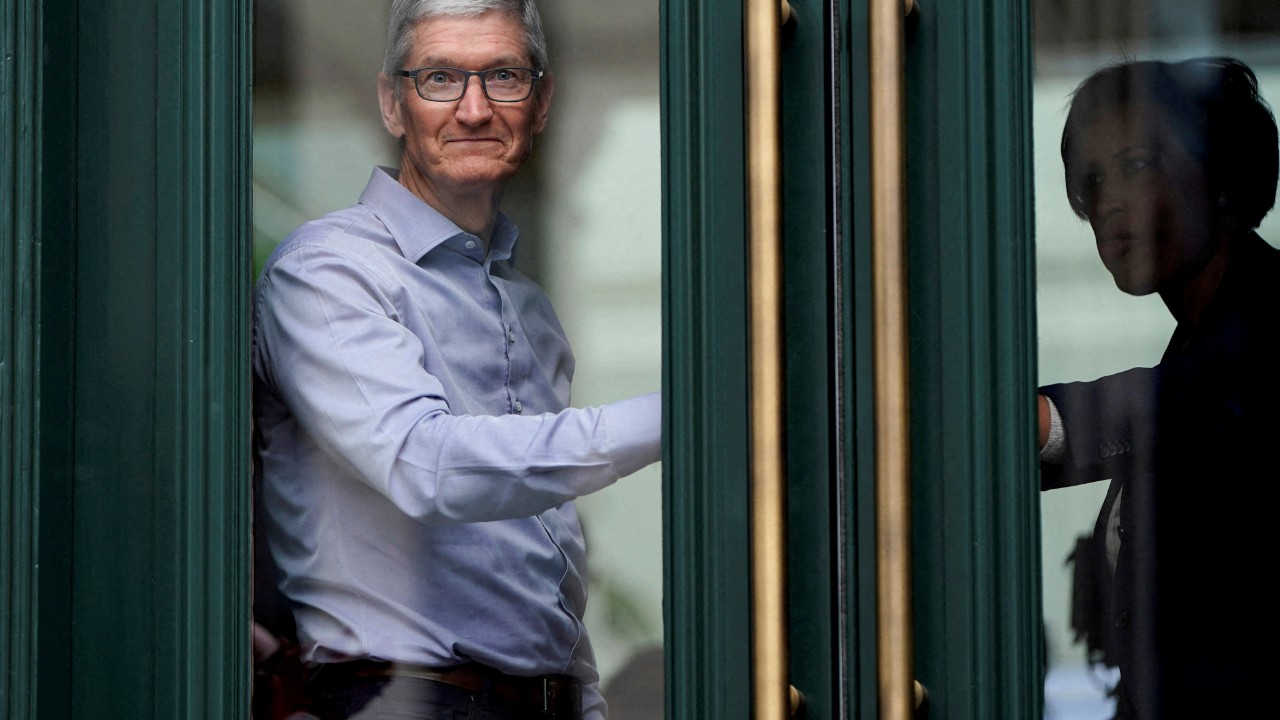Apple's troubles are not over: Now China is putting on the pressure after the EU!
American tech giant Apple, a brand unique in many respects, finds this uniqueness seriously threatened these days.

Apple faces significant hurdles in maintaining its stronghold on the App Store, with challenges emerging from various global entities. The tech giant, renowned for its pivotal role in the technological sphere, is currently ensnared in an intricate situation involving the European Union and China, with both wielding their regulatory powers.
Apple's CEO, Tim Cook, has been embroiled in discussions with the European Union, seeking to navigate through the tense atmosphere and find a consensus that doesn’t jeopardize the company’s dominance in the app market. This task, however, proves to be multifaceted, as China is exerting its influence, pushing against Apple with its stringent regulations on unregistered foreign apps.
This push is not without its complexities. Apple, adhering to its usual strategy, is leaning heavily into diplomatic channels, addressing its concerns directly with Chinese officials regarding their new regulations, which threaten to purge unregistered foreign apps from its App Store. These new mandates form part of China’s broader endeavor to tighten its reigns on smartphone and mobile app usage within its borders, demanding mobile app stores and apps themselves to disclose detailed information about their businesses to the government. This encompasses particulars about ownership structure, data storage practices, and security protocols.
Apple's troubles are not over: Now China is putting on the pressure after the EU!
Apple, in its bid to maintain a vast and diverse app offering, holds grave concerns that such rules would prevent it from hosting a multitude of popular foreign apps on its Chinese App Store, including mainstream platforms like Facebook, Instagram, YouTube, and WhatsApp. Moreover, the company is wary that adherence to these new mandates could inadvertently grant the Chinese government a higher degree of control over user data. This is particularly pertinent given that Apple has met with Chinese officials on several occasions in recent months, articulating that such rules stand in stark contrast to its staunch commitment to user privacy and security.
The future of Apple's dealings in China remains somewhat in the limbo, as the response from the Chinese government to Apple’s apprehensions is yet to be defined. The company’s explicit opposition to the new rules not only puts it in a precarious position with the Chinese government but also could possibly impede its vital role in the Chinese smartphone market. Should Apple be compelled to adhere to these new guidelines, it may precipitate a notable decline in the availability of foreign apps for Chinese users, thereby potentially impacting the Chinese tech industry and its consumer base.
Privacy advocates and human rights groups are likely to express concerns over these regulations. With foreign apps being immensely popular among Chinese consumers, their potential absence might create a void and shift the dynamics in the tech industry. Moving forward, the manner in which the Chinese government opts to enforce these rules, and Apple's ability to sustain its comprehensive app offerings in China, remains to be witnessed.
 Apple contemplating replacing Google with in-house search engineSoftware & Services
Apple contemplating replacing Google with in-house search engineSoftware & Services





